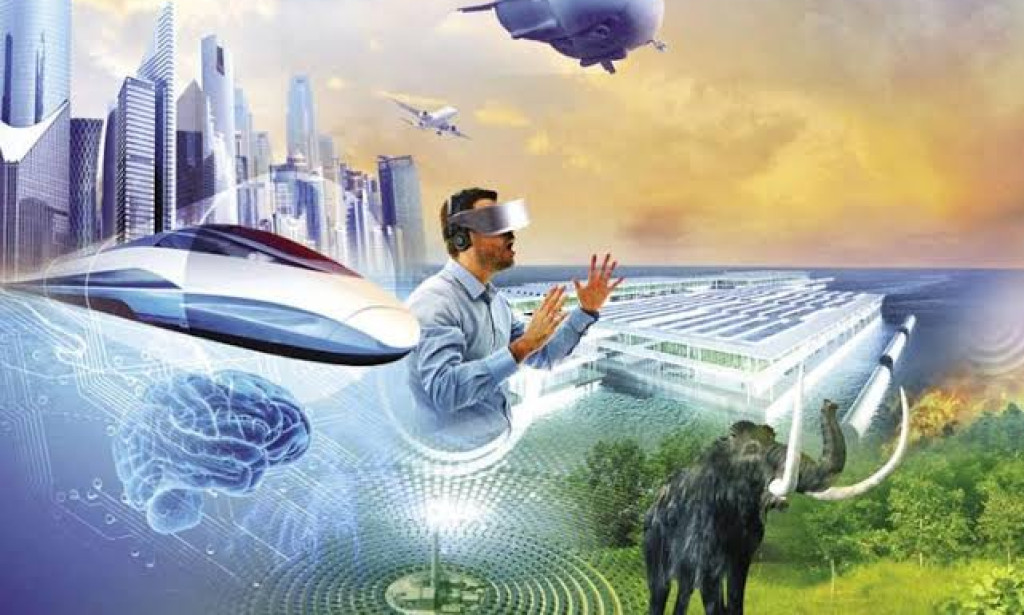As technology continues to advance at a rapid pace, there are a number of emerging technologies that are set to have a significant impact on our society in the years to come. In this article, we will explore five of the most promising technologies that are poised to shape the future of our world.
Artificial Intelligence (AI)
Artificial intelligence is already transforming many industries, from healthcare to finance, and its impact is set to grow exponentially as the technology continues to evolve. AI systems are able to learn from vast amounts of data, identify patterns and make decisions based on that information. This has the potential to revolutionize the way we work, communicate and live, by creating more efficient, personalized and intelligent systems.
Augmented Reality (AR)
Augmented reality is a technology that overlays digital information onto the real world, creating a new type of interactive experience. AR has a wide range of applications, from entertainment and gaming to healthcare and education. For example, AR can be used to create immersive educational experiences, enabling students to interact with virtual objects in a more engaging way.
Internet of Things (IoT)
The Internet of Things (IoT) is a network of connected devices and sensors that can collect and transmit data in real-time. This technology has the potential to revolutionize a wide range of industries, from smart homes to smart cities. For example, IoT sensors can be used to monitor traffic patterns and optimize traffic flow, or to monitor energy consumption in buildings and reduce energy waste.
Blockchain
Blockchain is a secure and transparent ledger of transactions that has the potential to disrupt a variety of industries, from finance and healthcare to logistics and supply chain management. By creating a secure and decentralized ledger of transactions, blockchain technology can enable faster, cheaper and more transparent transactions, with lower risk of fraud or error.
Quantum Computing
Quantum computing is a technology that has the potential to revolutionize computing power, enabling complex calculations that are currently impossible with traditional computing methods. Quantum computers use quantum bits (qubits) instead of traditional binary bits, which can be in multiple states simultaneously. This enables quantum computers to solve complex problems much faster than traditional computers, with applications in fields such as cryptography, drug discovery and climate modeling.
In conclusion, these five emerging technologies have the potential to transform our world in a variety of ways, from creating more intelligent systems to enabling faster, more transparent transactions. As these technologies continue to evolve, it will be important to carefully consider their potential benefits and risks, and to work together to ensure that they are used in ways that benefit society as a whole.


You must be logged in to post a comment.